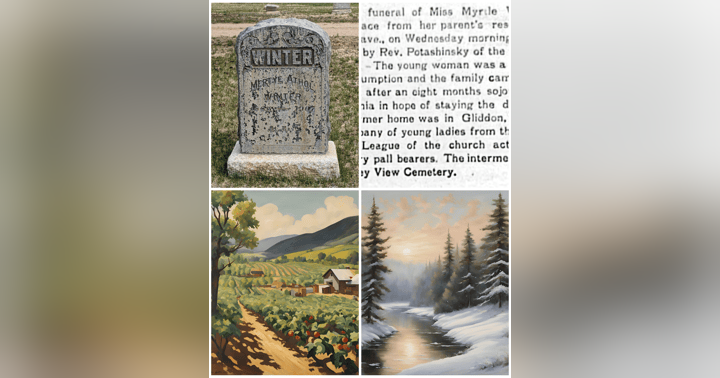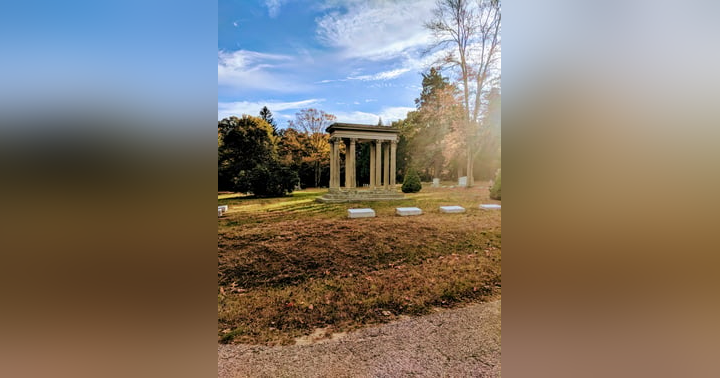The Life and Contributions of Dr. John Cuming: A Concord Icon

Meet Dr. John Cuming, a man, who, according to his headstone, was a much beloved member of Concord society. He was born on March 1, 1728, in Concord, Massachusetts. His father, Mr. Robert Cuming, had immigrated from Scotland around 1715 and settled in Boston before moving to Concord in 1722, where he became one of the town's most successful farmers.
John, inheriting much of his father's wealth, pursued an education in medical studies. This included studying in Europe for several years to further refine his expertise. His scholarly pursuits earned him an honorary degree from Harvard College in 1749. He married Abigail Wesson on February 8, 1753.
The turbulent years of conflict in America, spanning from 1745 to 1763, called upon John's services multiple times. During one such engagement, he suffered a gunshot wound that remained in his hip for the rest of his life. He was even captured by Indigenous peoples and taken to Canada, where he initially faced harsh treatment. However, with time, he earned their trust and, thanks to the intervention of a French gentleman, regained his freedom.
As the American Revolution ignited, Dr. Cuming became an unwavering advocate for the cause. He chaired the committee of correspondence, inspection, and safety for nearly every year of the war. He held the title of justice of the peace under the British Crown and was one of the first appointed by the Provincial Congress. He also served as president of the county Court of Sessions for approximately twenty years. In 1758 and 1759, he served as Lieutenant-Colonel under Colonel Nichols during the American Revolution. While he sided with the American cause for Freedom during the war, it seems he was not opposed to slavery as we know he had enslaved people listed among his property.
After the conclusion of the war, Dr. Cuming established a thriving medical practice that extended beyond his hometown of Concord. He also became deeply involved in local affairs, often serving as a representative in the General Court. Over the span of twenty-five years, he presided over ninety town meetings from 1763 to 1788.
His prosperous medical career allowed him to accumulate significant wealth, which he generously donated to various causes. Dr. Cuming's benevolence extended to the poor, and he never charged for professional services provided on Sundays. He lived a life guided by religious principles, dedicating forty-five years to being an exemplary religious figure in his community.
Dr. John Cuming unexpectedly passed away while visiting friends on July 3, 1788, at the age of 60. His philanthropy shone through in his will, where he allocated the majority of his money for the benefit of Concord, including support for private schools and the town's poor. He also left substantial sums for the local church, the University in Cambridge, and even established a fund for needy communicants.
His house, built right around the time of his marriage in 1754, still stands in Concord and is listed on the U.S. National Register of Historical Places. At one point the house served as the residence of the deputy superintendent of Concord State Prison.
Dr. Cuming was buried on Old Hill Burying Ground in Concord, Massachusetts. His grave is marked by an impressive headstone that goes into great detail about who he was as a person and his importance to the Concord community. The very top of the stone is marked with a skull, signifying that death comes to all. Just below is a soul effigy which in this case I'm sure represents the goodness of his soul having earned him a spot in heaven. There are two carved banners incorporated with the skull and soul effigy. The first banner says, "All must submit to the king of terrors." The second banner between the skull and the soul effigy reads, "Thro' Christ, we conquer, rise & reign forever." Beautiful flora and fauna carvings outline the stone. Beneath the imagery is a lengthy description of the man buried. Here. It reads,
"Here rests in hope the
Body of John Cuming Esqr.
Obt. July 3d 1738 AE 60
Naturally active as to genius &; disposition, he early appeared on the stage of life, where he conducted with spirit & dispatch , & acquired honour in different stations . Ass a physician , he was , beloved, useful & celebrated . His compassion for the distressed hastened him to their relief;
his hand was as charitable as healing to the poor and as a Magistrate magnified his office, nor held the sword of justice in vain. Constitution ally particular , animated & warm warm in his disposetion & temper , earnestness & zeal, affection & precision were his characteristics: hence from his youth, in conversation he was cheerful &
affable ; in civil business, prompt & expeditious in private & public worship, punctual & fervent in charity, liberal: in piety devout. His learning, dignity & donations procured him an honorary degree at Harvard College: to that society, for the support of a Professor of Pysic. & to the Church & Town of Concord , for Public charitable & religious purposes, he made generous donations in his last will.
The Righteous shall be in everlasting
Remembrance."
Photos: Grave marker of Dr. John Cuming located at Old Hill Burying Ground in Concord, Massachusetts















